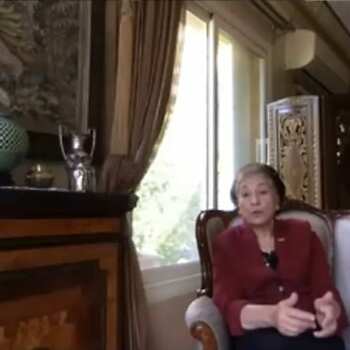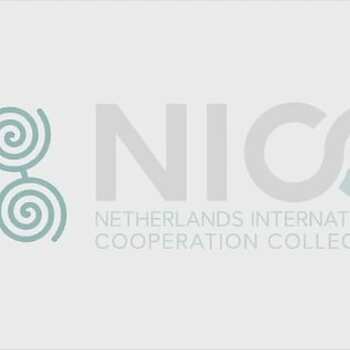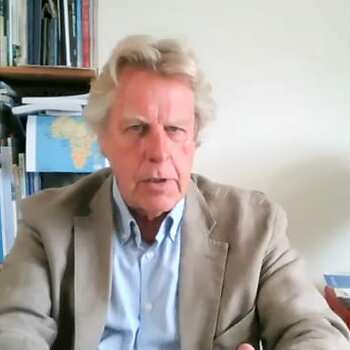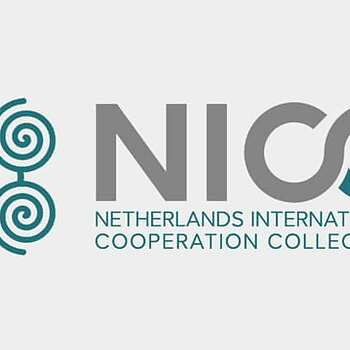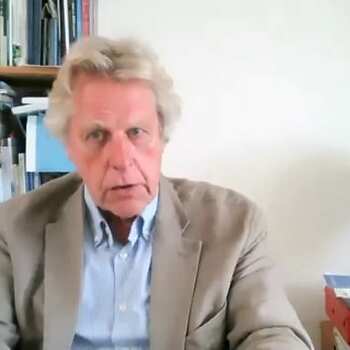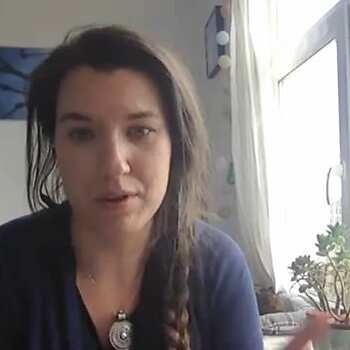Till 2011 the cooperation between Egypt and the Netherlands was mainly shaped through the APP. When in 2012 the development cooperation agreement stopped the question arose if a Panel was still needed. In that same period the Dutch government planned a new approach to development cooperation with a large focus on a global water program in partnership with five delta countries, amongst which was Egypt. This would be implemented by the NWP, the Netherlands Water Partnership.
Both Egypt and the Netherlands decided that a Panel was still feasible but in a different form and so the new High-level Panel commenced with the NWP as secretariat for the panel. This decision diverted the Panel secretariat from Egypt back to the Netherlands. Both Ministers (Ministry of Water and Irrigation Egypt and Ministry of Infrastructure and Water and Environment of the Netherlands) were the co-chairs and annual meetings in both countries were held. An MoU formed the basis of the cooperation.
From the start the focus of the High-level Panel was cooperation between both countries as equal partners, as was the case in the APP. The consequence was to be a think tank for discussion rather than having the focus on implementing projects. As Walid al-Haqiqi, head of the Central Directorate of Water Resources and Irrigation in Egypt, notes: ''We have many similarities between the two countries. The panel is an opportunity for exchange of experience in many areas. It is a very unique way of cooperation (..) facing almost the same challenges when we talk about agriculture, drainage and climate change.''
The High-level Panel had limited funding with which mainly studies, and pilots were started. When a study or pilot produced convincing results funding was secured from banks and institutes. The funding provided by banks were mainly in the shape of loans, this changed later into banks involving the private sector in projects. Yearly meetings were organized to keep the contact running and to push development. These meetings are hosted interchanging between the Netherlands and Egypt and consist of a full day of discussions followed up by field trips.
The MoU had the following components: Water and agriculture, More crop per drop/ aquaculture, Rural sanitation – small WWTPs and Coastal Zone Management.
Coastal Zone Management
Since 2014, integrated coastal zone management has been a focal point for bilateral cooperation. The Egyptian coastline has been recognized as being prone to flooding, erosion and pollution. And this topic received an important follow up in 2017 when Egypt, with the aid of the Netherlands, successfully applied for a grant from the Green Climate Fund. This allowed for the implementation of a large-scale coastal management project by the MWRI: Enhancing Climate Change Adaptation in the North Coast of Egypt.
A New Memorandum of Understanding
In 2020, the Netherlands and Egypt started a new development phase with a new budget and a new MoU for a 4-year cooperation on applied water research. The MoU was signed by Egypt’s Minister of Water Resources and Irrigation, Mohamed Abdel Aaty, and the Netherlands Minister of Infrastructure and Water Management, Cora Niewenhuizen, in the presence of the ambassador to Egypt, Han-Maurits Schaapveld. This programme will contribute to policy dialogue between different stakeholders like water management agencies, donors, experts and funding agencies. In addition, knowledge sharing and capacity building in the water institute is a main focal point. The three main topics are water and agriculture, integrated coastal zone management, and water supply and sanitation.
The High-level Panel continued with an own budget. Close links between the development activities and the High-level Panel continues.
Sources:
